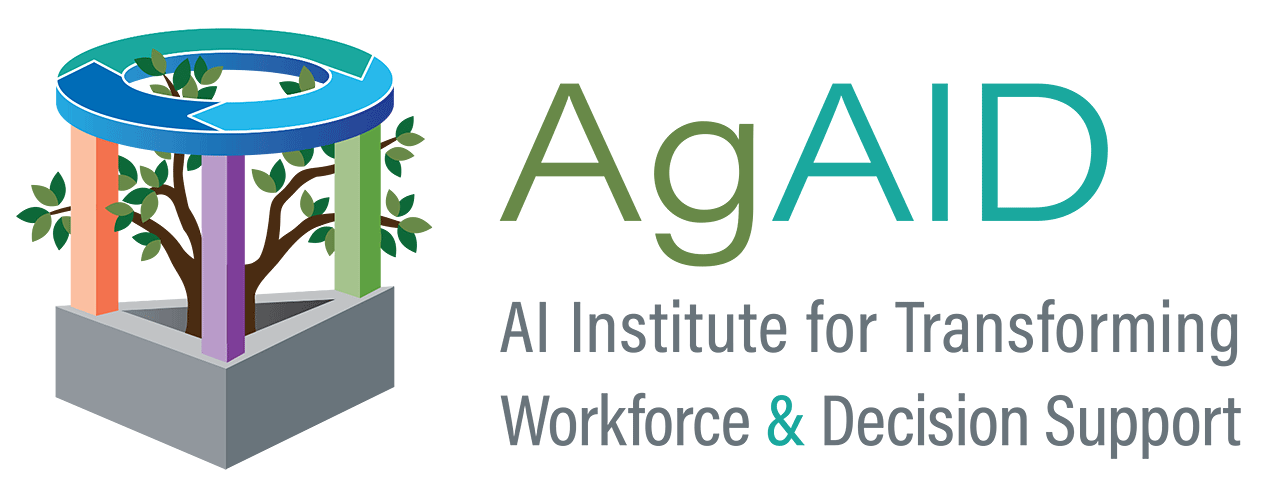Artificial intelligence (AI) is filtering your spam, gatekeeping your newsfeed, chatting with you online, and underpinning many of your regular activities. Many vaunt the potential of AI in agriculture to help land-managers adapt to uncertain and extreme weather, increase production through automation, mitigate greenhouse gas production through optimized precision farming and more. Realizing any of this potential depends on addressing potentially negative unseen effects and barriers to adoption, like a lack of transparency in AI systems and science and issues of data integrity. I work with the Center for Sustaining Agriculture and Natural Resources at WSU, and the Institute for Transforming Workforce and Decision Support (AgAID), a federally funded national AI institute (USDA-NIFA), to help address some of these barriers, and help agriculture find purpose for AI.


